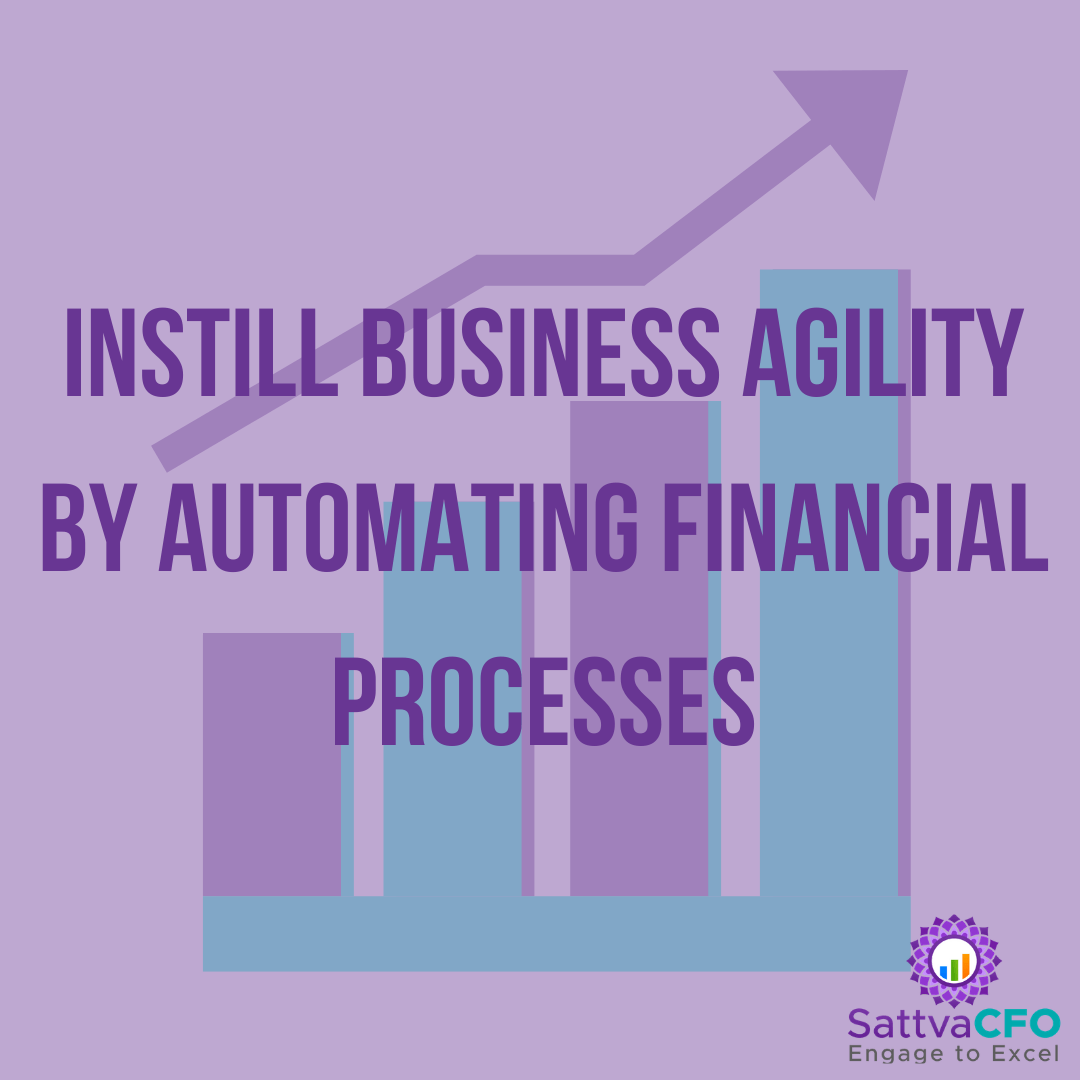Instill business agility by automating financial processes
Instill business agility by automating financial processes: There is a revolution taking place in the way business is conducted and are in the middle of a transition, as the combination of Artificial Intelligence (AI) and Robotic Process Automation (RPA) or Intelligent Automation (IA) is upending established modes of operation. Things are transforming, and they are transforming rapidly.
Table of Contents
Leverage Technology to drive growth
Technology is not only necessary for the day-to-day operation of your organization; when used effectively, it can also help you achieve development and success. With the appropriate tools, you can react to changing company requirements, deliver superior customer service, reduce operational expenses, and increase revenue. Cloud-based applications are frequently appropriate for SMEs looking to improve their business performance, as they typically have a cheaper initial investment and reduce the strain of in-house management. Cloud technology, which is accessible from a variety of devices regardless of location, also contributes to increased employee productivity and efficiency.
Must have Automations.
Business transactions encompass communication, agreements, payment exchanges, and transaction records. Automation eliminates the difficulties associated with human error, particularly in jobs requiring meticulous record-keeping and communication. Payroll management, insurance coverage, tax remittance, and human resource services such as hiring, onboarding, and training may all be included in the business process. Once automation is in place, software solutions can be integrated successfully to handle the business’s records. Additionally, cloud storage security and encryption features safeguard digital documents by ensuring data security and integrity. This avoids the vulnerability and risk associated with paper records.
Adoption of intelligent applications
AI empowers ERP companies to improve ERP systems utilizing machine learning and natural-language interfaces. AI in ERP systems enables businesses to increase their operational efficiency by providing actionable data insights. The capacity of AI to process huge amounts of data provides real-time, accurate data insights. For instance, AI can assess the purchasing behaviors of various consumer segments, enabling you to personalize your products or services to the specific demands of a certain audience. The capacity of AI to process huge amounts of data provides real-time, accurate data insights. For instance, AI can assess the purchasing behaviors of various consumer segments, enabling you to personalize your products or services to the specific demands of a certain audience.
Point automation
While contemporary ERP is a vital foundational piece and frequently represents an organization’s greatest software investment, there are also valuable automation solutions that may help optimize finance tasks. While contemporary ERP is a vital foundational piece and frequently represents an organization’s greatest software investment, there are also valuable automation solutions that may help optimize finance tasks. Closing automation and corporate performance management are two critical solutions for financial close and reporting operations. By automating account reconciliations, workflows, and reporting, close automation solutions aid in the financial close process. By developing workflows and inputs for budgeting and forecasting, CPM systems aid organizations in automating and optimizing financial planning and analysis functions. Additionally, these platforms can aid in the consolidation of several ERP systems through the use of monthly financial reporting.
Intelligent automation
Intelligent Automation, which is occasionally referred to as ‘Cognitive Automation’, is the practice of utilising automation technologies such as AI, business process management, and robotic process automation to streamline and scale decision-making across enterprises. Intelligent automation streamlines processes, frees up resources, and increases operational efficiencies, and it is applicable to a wide number of industries. Designed to automate high-volume, repetitive processes like as invoice processing, RPA enables the development, testing, and deployment of a bot in as little as two to four weeks assuming the use case is straightforward. As firms adopt bots and the concept of digital workers gains traction, RPA is assisting in augmenting the human workforce and elevating individual employee value.
Also read: Instill business agility by automating financial processes




